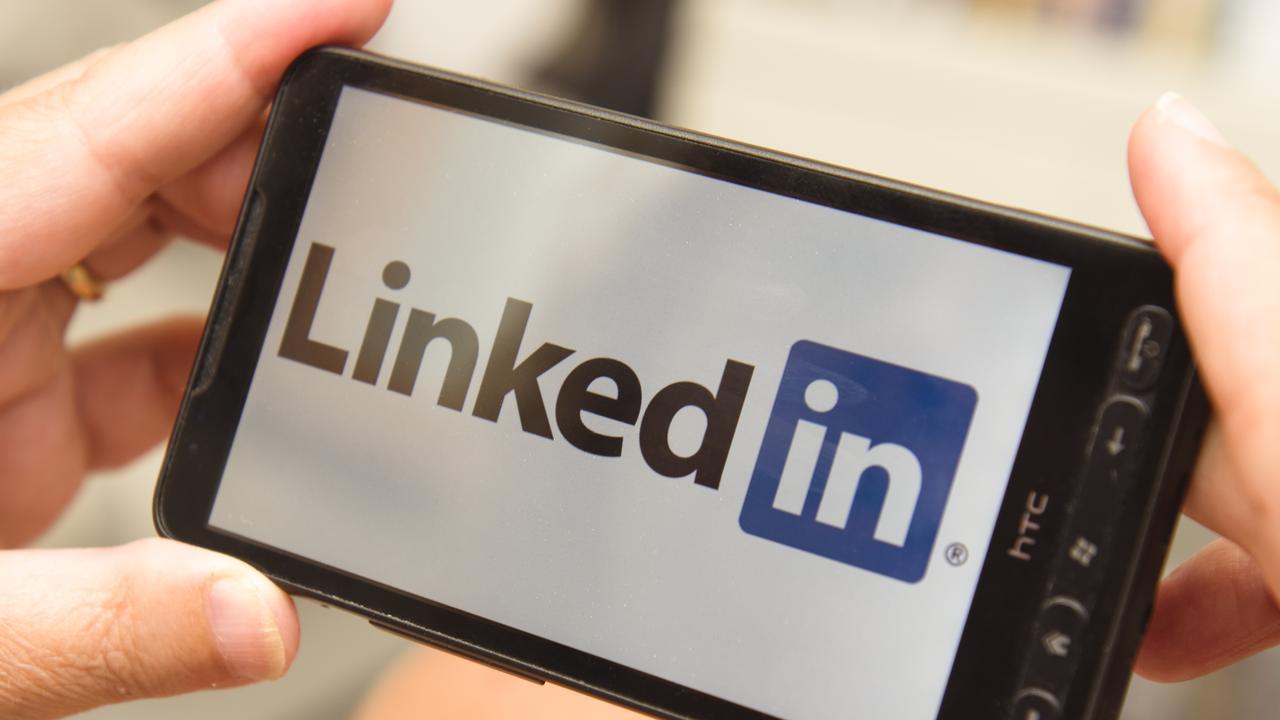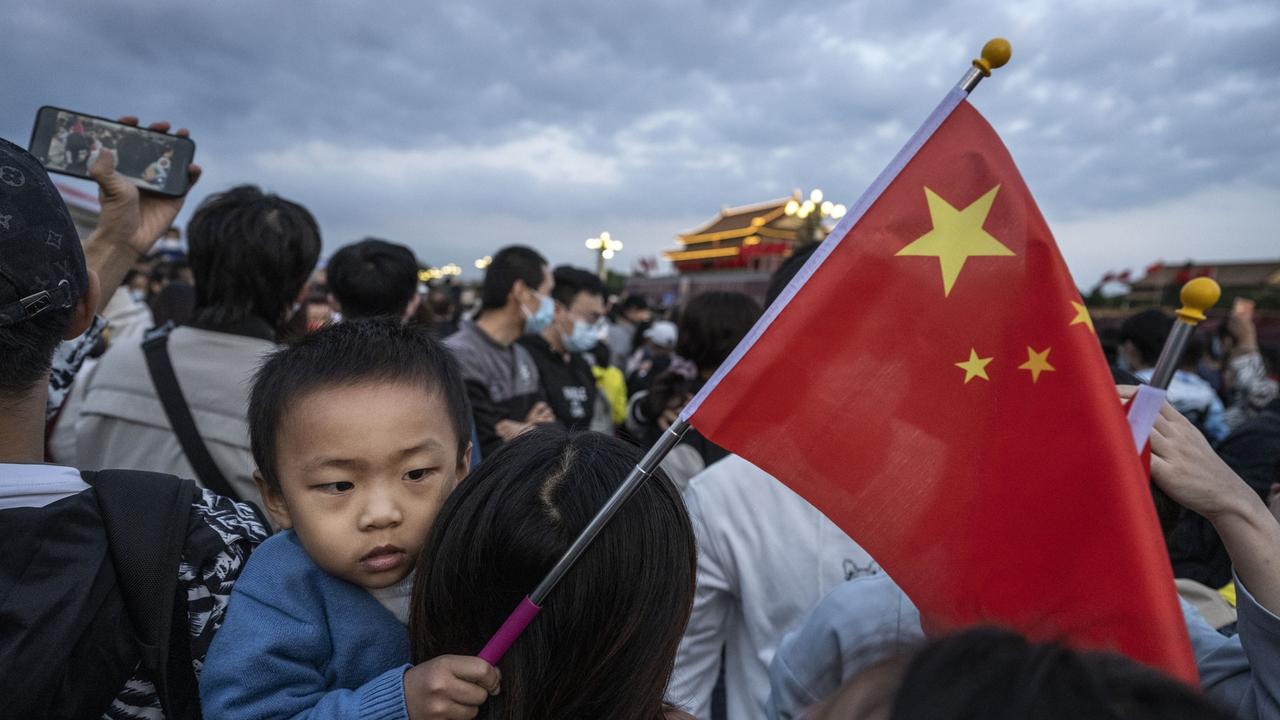LinkedIn set to close in China after seven years over ’challenging’ government rules
In a shock move, the professional networking platform announced it is pulling out of China, after facing “challenging” regulations from Beijing.

Microsoft has revealed it will shut down LinkedIn in China later this year in a surprise announcement, citing the nation’s “challenging” regulations as a potential cause of the exit.
Until now, LinkedIn has been the only large Western social media site to operate in the nation, but it was only able to do so thanks to a tough trade off, with the company agreeing to abide by the government’s strict requirements when it entered the market in early 2014.
But in a blog post published on the popular professional networking platform yesterday by LinkedIn senior vice-president Mohak Shroff, it seems the site is no longer prepared to play ball.
‘Significantly more challenging’
“Our decision to launch a localised version of LinkedIn in China in February 2014 was driven by our mission to connect the world’s professionals to make them more productive and successful,” Mr Shroff’s post began.
“We recognised that operating a localised version of LinkedIn in China would mean adherence to requirements of the Chinese government on internet platforms.
“While we strongly support freedom of expression, we took this approach in order to create value for our members in China and around the world. We also established a clear set of guidelines to follow should we ever need to re-evaluate our localised version of LinkedIn in China.”
The post explained that strategy had allowed the platform to help Chinese subscribers “find a job, share and stay informed”, and while the site had “found success in helping Chinese members find jobs and economic opportunity”, LinkedIn said it had “not found that same level of success in the more social aspects of sharing and staying informed”.
“We’re also facing a significantly more challenging operating environment and greater compliance requirements in China,” it continued.

“Given this, we’ve made the decision to sunset the current localised version of LinkedIn, which is how people in China access LinkedIn’s global social media platform, later this year.”
LinkedIn will now follow a new strategy in China, of “helping China-based professionals find jobs in China and Chinese companies find quality candidates”.
LinkedIn’s replacement
Later in 2021, Microsoft will replace LinkedIn with InJobs in China, a “new, stand-alone jobs application” which will operate like a stripped-down version of LinkedIn.
But InJobs won’t include a social feed or the ability to share posts or articles.
“We will also continue to work with Chinese businesses to help them create economic opportunity,” the post reads.
“This decision aligns with our commitment to creating economic opportunity for every member of the global workforce.
“While that has been our vision for nearly two decades now, it feels more important than ever as we all strive to build a global economy that delivers more prosperity and progress to people all over the world.”
‘Profits over truth’
Despite enduring in China for seven years, LinkedIn hasn’t had an easy time of it.
In March this year, LinkedIn was reportedly punished by the government for failing to censor political information, leading to a 30-day suspension of new user registrations.
In May, LinkedIn and dozens of other apps were accused of illegally collecting and using people’s personal information by China’s leading internet regulator, and was forced to make changes.
It also recently came under fire after several US journalists – including Axios’ Bethany Allen-Ebrahimian and independent reporters Melissa Chan and Greg Bruno – had their accounts and published content blocked from the Chinese version of the platform, supposedly due to anti-China content they had produced.
It was widely seen as an example of the site caving to pressure from the Chinese Communist Party, and Mr Bruno, who has written a book about China’s treatment of Tibetan refugees, hit out at the company in a scathing interview with Verdict earlier this month.
“While I am not surprised by the Chinese Communist Party’s discomfort with the topic of my book, I am dismayed that an American tech company is caving to the demands of a foreign government intent on controlling access to information,” he told the publication.
“It seems clear that LinkedIn made the decision to choose profits over truth.”

In response to the blocking of reporters, US Senator Rick Scott penned a letter to LinkedIn CEO Ryan Roslansky and Microsoft CEO Satya Nadella, slamming what he described as “gross appeasement and an act of submission to Communist China”.
“The censorship of these journalists raises serious questions about Microsoft’s intentions
and its commitment to standing up against Communist China’s horrific human rights abuses
and repeated attacks against democracy,” the letter reads.
LinkedIn has also been used for recruitment by Chinese intelligence agencies, and has faced issues with local competitors throughout the years.
More Coverage
Founded in California in December 2002 by Reid Hoffman and the founding team members from PayPal and Socialnet.com, LinkedIn launched in 2003, and was bought by Microsoft in 2016 for a whopping $US26.2 billion ($A35 billion).
It boasts more than 660 million registered users, with around half understood to be active on a monthly basis.





